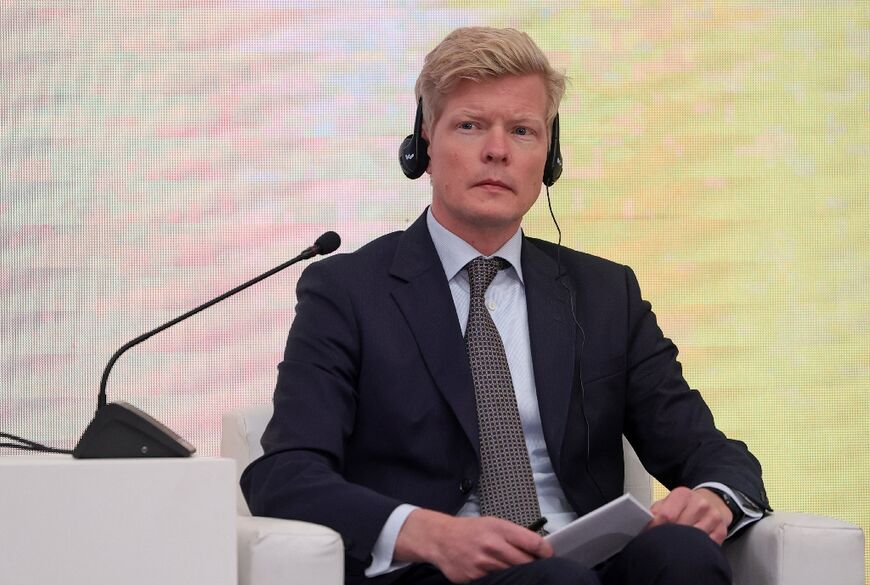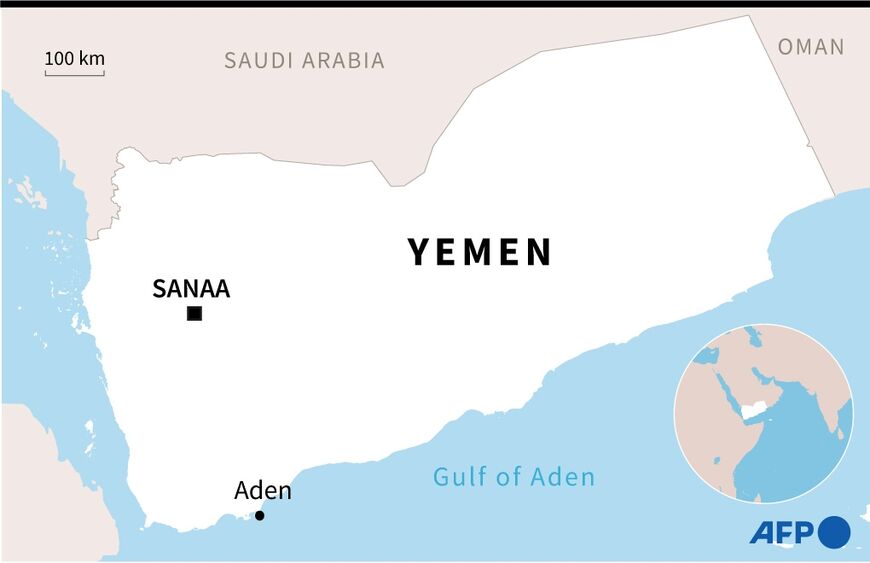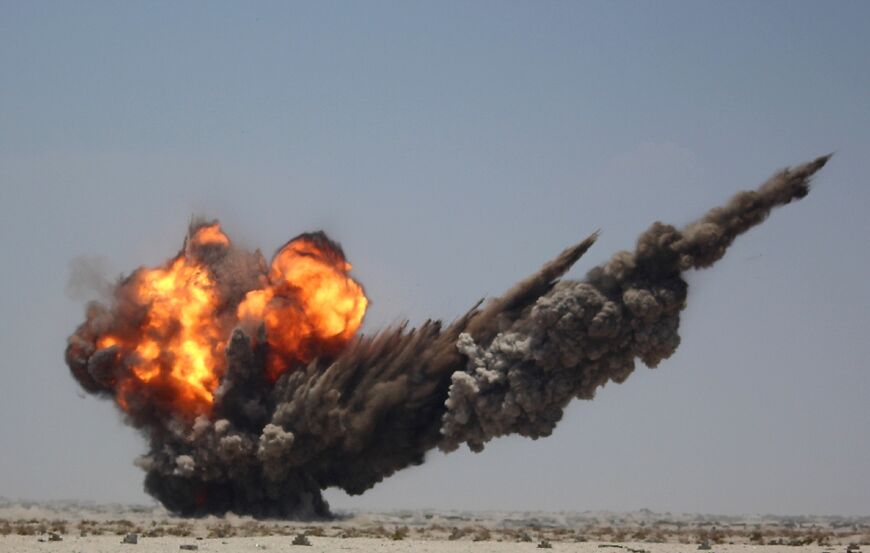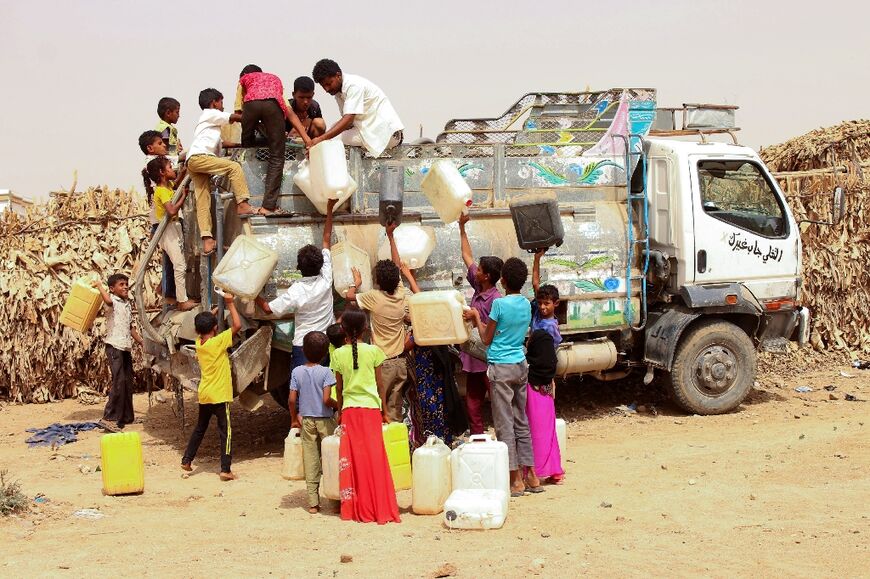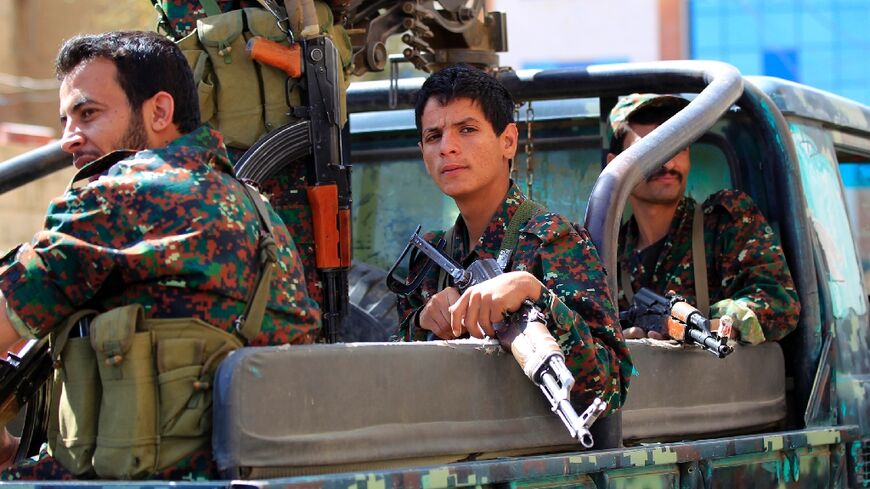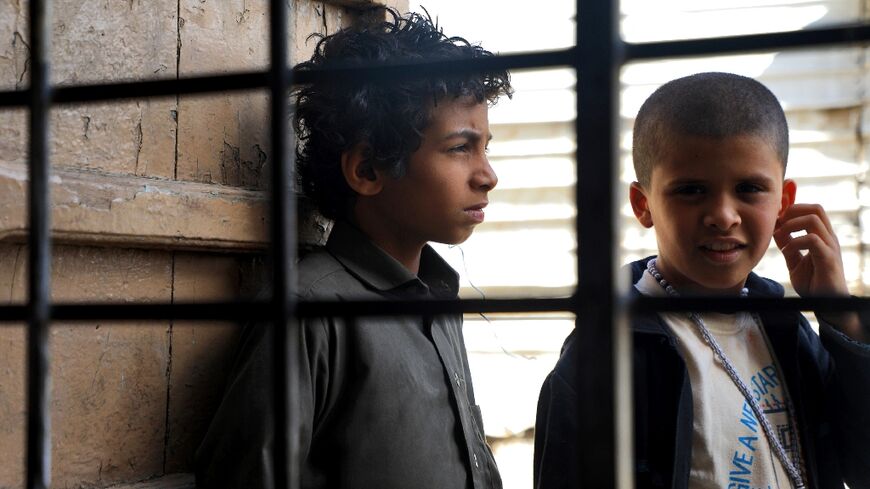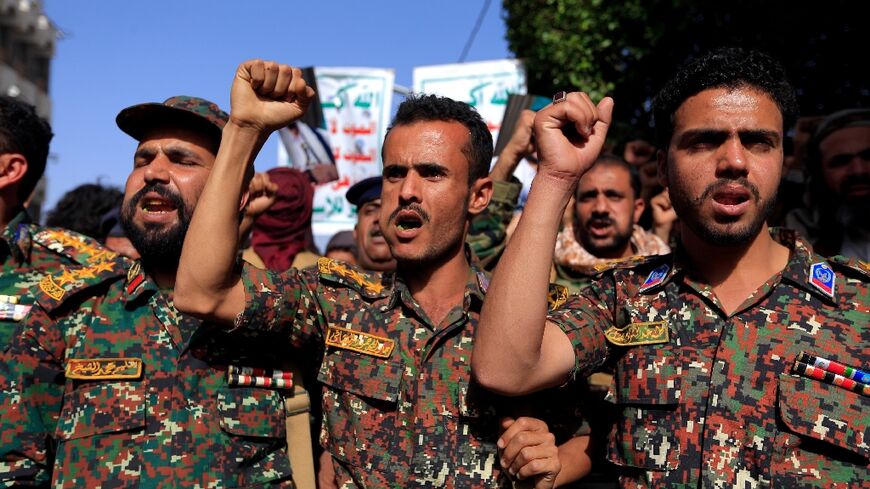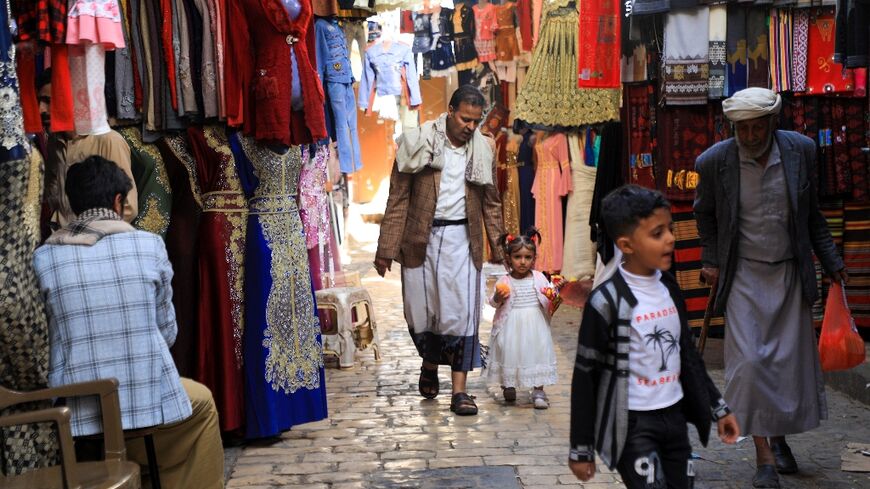War-torn Yemen holds breath as breakthrough truce begins

Yemen's warring parties laid down their weapons for the first nationwide truce since 2016 on Saturday, with all eyes on whether the UN-brokered ceasefire will hold.
The Iran-backed Huthi rebels and Saudi-led coalition have both agreed to observe the two-month truce, which took effect at 1600 GMT on the first day of Ramadan, the Muslim holy fasting month.
"The two-month truce started at 7:00 pm (1600 GMT) tonight. As of tonight, all offensive ground, aerial and naval military operations should cease," UN special envoy Hans Grundberg said in a statement.
Huthi military spokesman Yahya Saree confirmed "our commitment to a comprehensive cessation of military operations as long as the other party adheres to this", in a statement released by the rebels.
Yemen's intractable war has killed hundreds of thousands directly or indirectly and displaced millions, triggering the world's worst humanitarian crisis, according to the United Nations.
Previous ceasefires have been ineffective. A national truce ahead of peace talks in April 2016 was violated almost immediately, as were other ceasefires that year.
A 2018 agreement to cease hostilities around rebel-held Hodeida port, a lifeline for the Arab world's poorest country, was also largely ignored.
Both the Huthis and Saudi Arabia have welcomed the latest initiative, which follows a surge in attacks but also increasing diplomacy including ongoing talks -- snubbed by the rebels -- in Riyadh.
"This time I am optimistic. This truce is unlike all the previous ones," Asmaa Zayed, a college student who also works as a cashier in Hodeida, told AFP.
"The fact it comes with Ramadan gives us a lot of hope. This war started when I was 15 years old and turned all my dreams into nightmares."
- 'Suffered immensely' -
Under the agreement, all ground, air and sea military operations in Yemen and across its borders are to stop.
Eighteen fuel ships will be allowed into Hodeida and two commercial flights a week can resume in and out of Sanaa, which is also in rebel hands -- both key demands of the insurgents before they consider peace talks.
The two sides have also agreed to meet to open roads in Taez and other governorates, Grundberg said. The truce could be renewed with both parties' consent.
"The success of this initiative will depend on the warring parties' continued commitment to implementing the truce agreement with its accompanying humanitarian measures," said the Swedish diplomat.
"I also hope the goodwill that we saw from all sides in public will translate into long-term de-escalation of inflammatory media rhetoric and hate speech."
The US special envoy for Yemen, Tim Lenderking, said in a tweet: "Seven years of war have inflicted a lot of pain. We urge the parties to adhere to the terms and pave the way towards a sustainable ceasefire and inclusive political peace process."
With fighting in Yemen at a stalemate, the Huthis launched a series of drone-and-missile attacks on Saudi Arabia and coalition partner the United Arab Emirates this year, often targeting oil facilities.
The coalition has responded with air strikes.
Last week, on the seventh anniversary of the Saudi-led military coalition's intervention, and a day after an attack on an oil plant within sight of the Formula One Grand Prix in the Saudi city of Jeddah, the Huthis announced a three-day unilateral ceasefire.
The coalition then announced its own truce from Wednesday, ahead of discussions with international partners in Riyadh. The rebels declined to attend the talks in an "enemy" country.
- 'Reeks of death' -
Saudi Arabia expressed its "support" for the UN ceasefire, which was also welcomed by US President Joe Biden, UN chief Antonio Guterres, the European Union and the leaders of Britain, France and Iraq.
The major question now is whether the truce will be observed.
The Norwegian Refugee Council hoped it would be "the start of a new chapter", while Save the Children said it offered a "much-needed respite from all the violence".
The war in Yemen started when the Huthis took control of Sanaa in 2014, prompting the Saudi-led intervention in March of the following year in support of the ousted government.
It plunged what was already the Arab world's poorest country into years of crisis, with failing infrastructure and services and 80 percent of the 30 million population dependent on aid.
"Everything around us reeks of death and war," said Zayed, the student in Hodeida. "I think I will go into a depression if this truce ends or fails."


